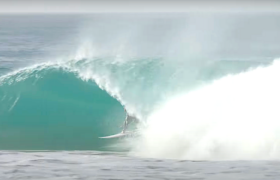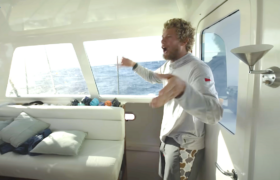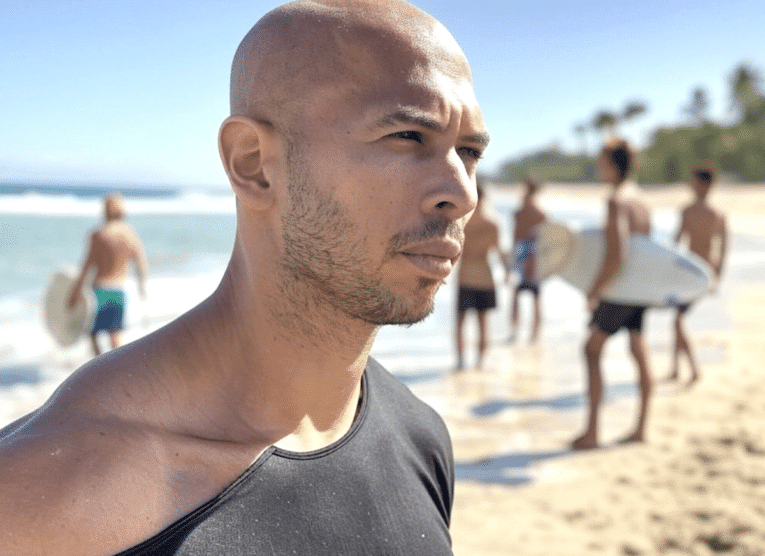"Maybe they robbed the wrong person at the wrong time..."
Logan Dulien needs no introduction here. The Southern California filmmaker behind the ultra-popular Snapt film series has been defining what high-performance surfing looks like for the better part of a decade, grinding tirelessly away. In a Covid-era interview with What Youth, the dusty blonde explained, “I don’t expect a good surf movie to fall in my lap. I’m just trying to not pay attention to the hype, put my head down, and work as hard as I can until the curtain goes up.”
Tenacious.
Well, a ring of dirty bandits had not accounted for Dulien’s Liam Neeson-like drive but learned of it the hard way. David Lee Scales had told me this story, before, how Dulien had been robbed whilst out for a surf right after his mother died and how he fought back. Now his tale appears in the Los Angeles Times for those who dislike podcasts.
In short, Dulien’s mother, from whom he had been estranged, had just died after a battle with Parkinson’s. He was there, in the hospital, when she breathed her last and in order to clear head before funeral planning, he went for a surf at his beloved River Jetties. “That’s my temple,” Dulien told the broadsheet. “That’s my religion. That’s everything for me. That’s my sanity.”
After his rinse, Dulien discovered that someone had nipped his keys from his apartment and stolen his wallet and phone. He texted his number from a friend’s phone and the thief responded that he would return all for $1000 cold hard cash. Dulien agreed but the stinky liar never showed. And that’s when the auteur found out that he had been bilked $150,000.
While this would have broken most men, Dulien simply felt the bile rising, declaring, “Maybe they robbed the wrong person at the wrong time because, hey, I’ve got the surveillance (footage of robber). I have the resources. And I’m pissed off.”
What follows is a must-read-to-believe tale that ends with the crumbling of an organized crime ring that targeted surfers. “It makes sense, they know (surfers) are going into the ocean and a lot of them hide their keys,” Dulien explained. “They’re gone for at least 20 minutes to 3 hours. So at that point it became more personal. Because surfing, look, everyone doesn’t get along but we are still a tribe.”











